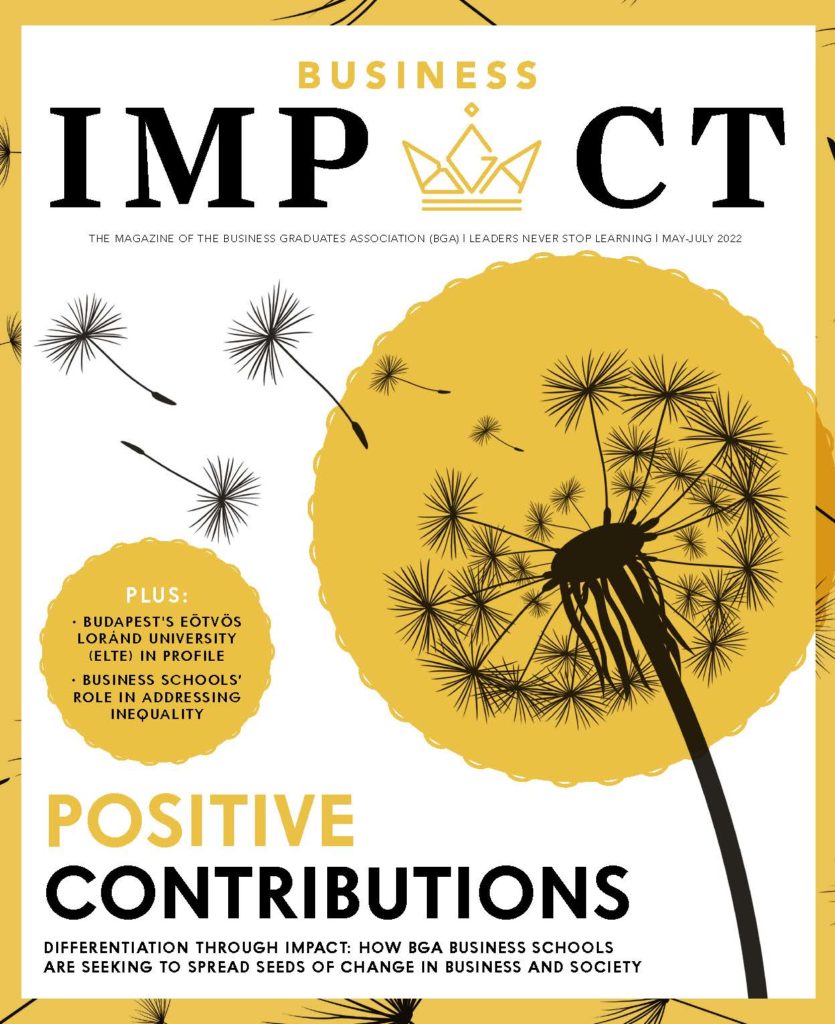According to UNICEF, almost half of the world’s population – more than 3 billion people – live on less than $2.50 USD a day. This problem is exacerbated by the sharp divide between these extreme levels of poverty and the extreme wealth that exists on the other side of the income spectrum. Data from the World Inequality Report shows that inequality is rising, or staying extremely high, nearly everywhere. Since 1980, the share of national income going to the richest 1% has increased rapidly in North America, China, India and Russia, and more moderately in Europe.
Before Covid-19, in the US, the top 1% controlled 38% of the total assets in the country – which is 16 times the total wealth of the bottom 50% combined. Other countries show similar patterns.
The pandemic has only expanded these differences. In fact, the International Monetary Fund (IMF) found that while the severe impact of the Covid-19 pandemic is clearly seen in the numbers – 120 million people pushed into extreme poverty, and a massive global recession – some data shows an increase in another extreme: the wealth of billionaires.
This inequality has moral consequences for the structure of our global society. Inequality exacerbates social differences and reduces upward mobility – leading to greater stratification within communities. This, in turn, tends to lead to greater crime and social instability. The Equality Trust reports that rates of violence are higher in more unequal societies and goes as far as to suggest that more permanent decreases in inequality would reduce homicides by 20% and lead to a 23% long-term reduction in robberies. Political participation also suffers as the ‘have-nots’ struggle with daily needs and the ‘haves’ entrench themselves further. Nationalistic and nativist narratives harden.
Another consequence is the impact on sustainability and the planet. The have-nots are forced to live off the land, leading to deforestation – the Amazon and Indonesian rainforests being examples of this. These individuals are less likely to be able to access alternative energy solutions and thus rely on fossil fuels. They are both contributors to, and victims of, climate change. As a global business school community, it is imperative that we should reach out beyond the walls of our institutions and address the most important issues facing our society, especially when these relate so closely to why we do business: to provide a living for ourselves and those around us in a global marketplace.
But can business schools also be considered contributors to the current state? They are the producers of talent for the financial and consulting elites. The aim of corporations is to maximise shareholder value; asset stripping, private equity or suppressing wages are sometimes in the best interests of the firm.
To tackle these issues and more, AMBA & BGA, in association with Graduate Management Admission Council (GMAC), hosted a roundtable with business school leaders. The ensuing discussion sought to delve into the role of business schools in addressing global inequality, to examine what’s changed and how far the points above resonate with decision-makers in higher education. Here are some highlights from that conversation.
Sangeet Chowfla, President and CEO, Graduate Management Admission Council (GMAC)
As a business school community, we have to change the conversation from one that puts the needs of shareholders and capital first to one that also looks at social, environmental, equity and social issues. A shift from the shareholder primacy view of business to a multiple stakeholder model. We should certainly do the tactical things – recruiting and admitting more diverse classes, creating the appropriate curriculum – but we need an intellectual framework around the role of business that goes beyond the Friedman model of shareholder primacy to one that is more inclusive in terms of environmental and social equity. Who else will build this framework if not the university?
The other thing is that technology has fundamentally changed how we deliver education. Education is no longer reserved for those who can put two years of their career on hold and afford to travel to a western, high-cost city for an MBA programme. Technology has enabled us, as business schools, to deliver in different ways, to create a flatter meritocracy or a more distributed, democratised form of meritocracy. This creates more equality of opportunity which can lead to equality of outcomes. After all, it does not seem that we can truly address equality if only a certain elite – economic or dynastic – however well-intentioned, is going to create a level future for all.
So, if we can do these two things simultaneously (build the intellectual framework for what capitalism looks like out into the future, and use technology to democratise or spread the creation of the meritocracy) then that contribution can be huge, changing the value of business education as we see it today.
Catherine Duggan, Dean, University of Cape Town Graduate School of Business
When I think about the role of business schools, I am always reminded of a quote from a Nigerian writer, Ben Okri. He writes: ‘We can redream this world and make the dream real’. I think those two elements are exactly what we do at a business school: we are reimagining what the world could be and equipping ourselves and our students with the tools and skills to implement that vision.
Both parts are critical as we make a case for business education. We have an opportunity to re-dream things, but we also have a responsibility to pair that process with the tools to make things real; to make them work. Fundamentally, I think that, at business schools, we teach our students how to think about things in new ways, under new conditions.
When I talk to our alumni, they don’t point to specific skills as the things that they continue to draw on from their MBAs. Instead, they point to the way they learnt how to see the world – particularly the way they learnt how to see new opportunities and spot new risks.
That’s what I see as our role: giving our students new analytical tools and ways of thinking about things, then helping them to put those tools together with their own experiences and unique worldviews so they can see things others don’t. I think that’s how you find new opportunities for social impact.
Johan S Roos, Chief Academic Officer, HULT International Business School
Inequality is a big theme. There is always going to be inequality in a competitive world, and a world without it is a utopia. Socialism and communism have tried to eradicate inequality and that just doesn’t work. George Orwell’s famous novel Animal Farm illustrates the fact that some people will always consider themselves more equal than others.
Inequality is – to some extent – a driving force for societal progress and personal improvements. But we need to make sure that people can beat inequality and enhance their living conditions. The key thing is [to ensure] that the economy and social structures are dynamic, not static. People stuck in poverty or misery without opportunities to improve their lives makes inequality a very complex problem with no easy answer. The world is unfortunately full of examples of this.
What can we do in higher education to help drive society towards the dynamic scenario rather than the static one? We can ensure that students and faculty talk openly about inequality and the problems it causes, but also about how everyone can gain equal opportunities to improve their lives. At the same time, we need to cultivate and protect one of the key success factors of successful business, economies and society; meritocracy. The challenge is that a meritocracy is inclusive, so that we all have a chance to compete and succeed based on our merits, regardless of how we look or how we chose to live our personal lives. An inclusive and ethical meritocracy should be a powerful driving force to making the world a better place.
Business schools should be reinforcing the idea that people must be able to work, progress, and live meaningful lives within society – within the moral and legal boundaries provided by institutions and the law, of course. To keep the topic hot, we should also make sure we can discuss existing knowledge about inequality, debate and develop new ideas, and encourage students and faculty to engage in the public debate. I often tell my faculty members that they have a responsibility to engage in public debate about things they understand and have views on.
Donna M Rapaccioli, Dean, Gabelli School of Business, Fordham University
We must ensure that access to the highest quality of education is available to everyone. I am concerned that high-potential individuals who lack resources to fund their education are being guided into training programmes instead of educational institutions.
While these training programmes provide a cost-effective opportunity to emerge from poverty, society needs more. To really impact income inequality in the long term, we need holistic education, which equips individuals with the knowledge and mindsets needed to reach the highest levels of organisations. We have to figure out how to enable all members of society to experience an education that prepares them for leadership.
One key point to be transparent about is the kind of school you are. Fordham is a Jesuit Catholic school; our mission is to educate compassionate global business leaders who will make positive societal change. That is how we present ourselves, so there is a predisposition in terms of the type of students who apply to our school. I believe that schools have a responsibility to be truthful about who they are; if social justice is at the heart of your mission, you need to say that up front.
Clearly articulating your mission in your messaging is one way you can curate the composition of your student body. Once students are enrolled, they should experience your mission in their learning opportunities, the curriculum and co-curriculum, the cases assigned by faculty, and the speakers you invite. These will reinforce one another.
It’s not easy, but many schools are realising that an holistic education, which thrives on a diverse, engaged learning environment, can be transformative. Many schools are also now looking for activists and changemakers – you want them on your campus because you want that passion. The creativity and drive they bring will amplify your efforts at creating a truly dynamic learning environment that educates for leadership.








